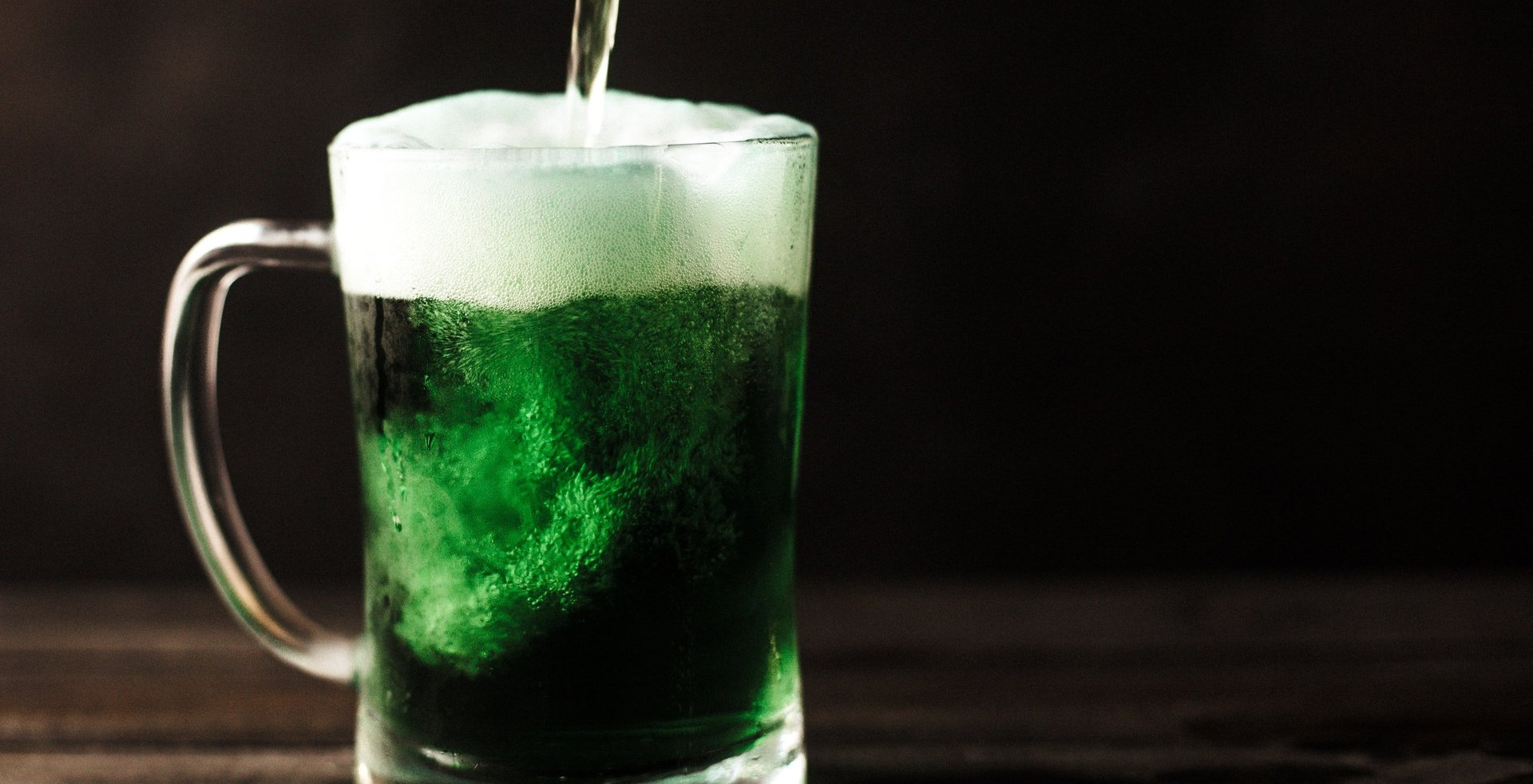
St. Patrick’s day is a holiday that incorporates elements of Irish culture but it is celebrated globally by people of different backgrounds. Every year, St. Patrick’s day falls on the 17th of March which means that many will be dressed in green, drinking beer at their local pub this Sunday. After a full day of drinking, you may wake up with a hangover the next morning.
Hangover is a non-medical term used to describe the physical effects that occur after excessive consumption of alcohol. Veisalgia is the medical term for hangover and symptoms of veisalgia include:
New research suggests that hangovers may be related to your risk of a stroke. Researchers at the University of Eastern Finland state that one hangover a year may double your risk of stroke. 2,466 men in Finland were examined for a period of 15.7 years and based on the findings, those who reported having one or more hangover per year had increased blood pressure, abnormal heartbeat, reduced blood flow to the brain and changes in cholesterol- all signs leading to stroke. Those who had a minimum of one hangover on an annual basis were at higher risk of suffering from an ischemic stroke. Ischemic strokes occur when blood flow is reduced as a result of blocked or narrowed arteries in the brain. There are many risk factors for stroke such as smoking, high cholesterol levels, and obesity. Now, excessive alcohol consumption and hangovers may be added to that list.
While this study did not include women, it is important to note that according to the national institution of alcohol abuse and alcoholism, women are more vulnerable to the effects of alcohol in comparison to men. Alcohol affects several parts of the brain including the hippocampus which is the brain area associated with memory and reasoning. Numerous studies on alcohol consumption suggest that shrinkage of the hippocampus is related to the amount of alcohol a person drinks. Based on previous studies, women have been found to be more susceptible to alcohol induced damage because they reported to be drinking excessively for roughly half as long as men. Thus, women may be at more risk when it comes to impairments in memory and reasoning.
Overall, the key is to drink alcohol responsibly and in moderation. Don’t test your luck this St. Patrick’s Day by waking up to an unpleasant hangover the following morning.
REFERENCES
brain-on-alcohol-2017071412000″>
https://www.health.harvard.edu/blog/this-is-your-brain-on-alcohol-2017071412000
https://pubs.niaaa.nih.gov/publications/aa63/aa63.htm
brain/201303/st-patrick-s-day-hangover-doubles-risk-brain-stroke-1″>
https://www.psychologytoday.com/ca/blog/the-new-brain/201303/st-patrick-s-day-hangover-doubles-risk-brain-stroke-1
